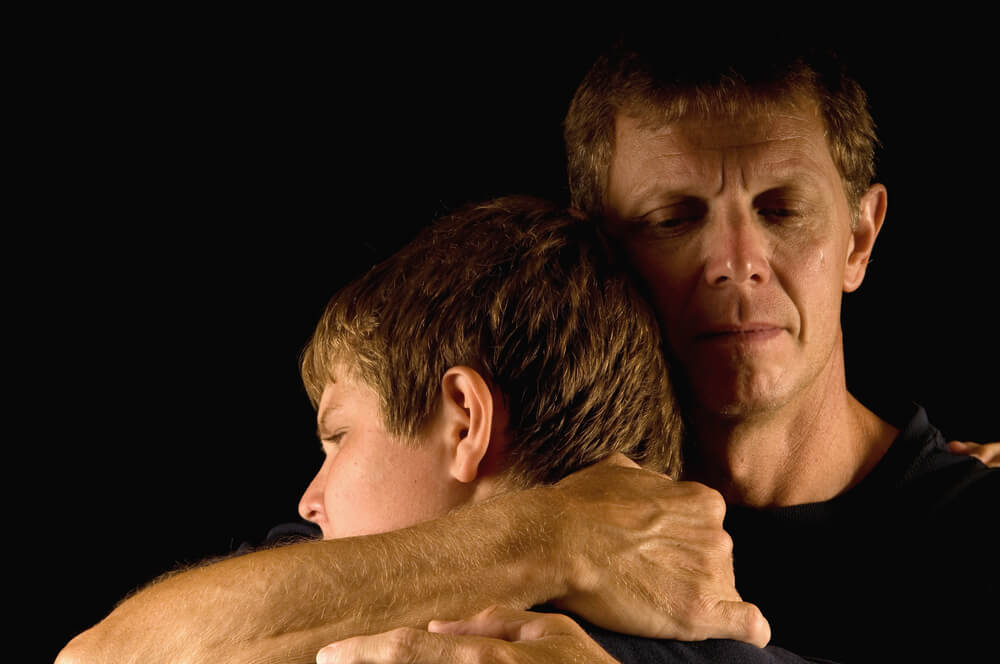
What Every Father Needs to Know About Custody Rights BEFORE the Divorce
Divorce can destroy a family. The relationship between children and parents, especially between fathers and their kids, can suffer enormously. In many cases, children wind up living with their mothers, and their fathers sometimes have to go to court to see them more frequently. Dads have legal rights too, though. Read on to learn what you need to know about child custody laws in Ontario before the divorce proceedings begin.
What Is Custody?
Many people don’t understand what the legal term “custody” means. They believe that it refers to the parent with whom the child lives.
“Custody” actually means that a parent has the right to make important decisions about how to care and raise a child. These decisions include (but aren’t limited to) the child’s education, religion, where he or she will live, healthcare, and what kinds of activities in which he or she will participate.
What Is Access?
The parent who doesn’t get custody will usually get access. “Access” means that the parent without custody will be able to visit and spend time with the child.
In addition, the parent without custody has the right to know about the child’s health, education and overall well-being, even if he or she doesn’t have the right to make those decisions.
Who Decides Which Parent Gets Custody?
Let’s say you and your ex-spouse can’t agree on who should have the right to make these important decisions about the child’s well-being. Who gets to make that decision?
You and your ex have a few options. The first option is to go before a judge. A judge will make a decision based on the best interests of the child, so he or she will hear evidence about the current living arrangements and the relationship between each parent and the child. You don’t need a lawyer to go to court, but remember that an experienced lawyer can help you navigate what can often be complex legal procedures.
The second option is mediation. A mediator is a professional who helps couples reach decisions. Mediation isn’t binding, and it works best if you and your ex feel you can reach an agreement amicably.
Arbitration is the third option. Like mediators, arbitrators help couples reach agreements on issues such as custody. Unlike mediators, arbitrator decisions are binding.
What Types of Custody Are There?
There are two general types of custody arrangements: joint and sole. Through arbitration or mediation, you might come to a slightly different arrangement, but joint or sole custody are two of the most common situations in Ontario.
Joint custody means that both parents must agree on any major decisions that would affect the child. For example, if your son needed an appendectomy and you had joint custody of him, your spouse couldn’t simply agree to the operation without your consent. In order for joint custody to work, the parents must have a fairly amicable relationship.
Sole custody refers to a situation in which one parent makes all the important decisions about the child’s welfare. In some situations, the custodial parent doesn’t have to consult with the non-custodial parent. In many cases, the child will live with the custodial parent, and the non-custodial parent will have access.
What happens if the custodial parent dies? The parent with sole custody has the right to choose who gets custody of the child for the first 90 days after his or her death. Then, that person (or anyone else) can apply for custody.
Want to Know What Your Rights Are? Talk to an Experienced Divorce Lawyer
Many fathers believe that the courts are against them when it comes to divorce. That doesn’t have to be the case when you choose a family law expert with experience helping dads fight for their rights.
Fine & Associates Professional Corporation is a well-respected Toronto Law Firm that prides itself on providing quality personal service and favourable outcomes in Family Law and Divorce Law.
